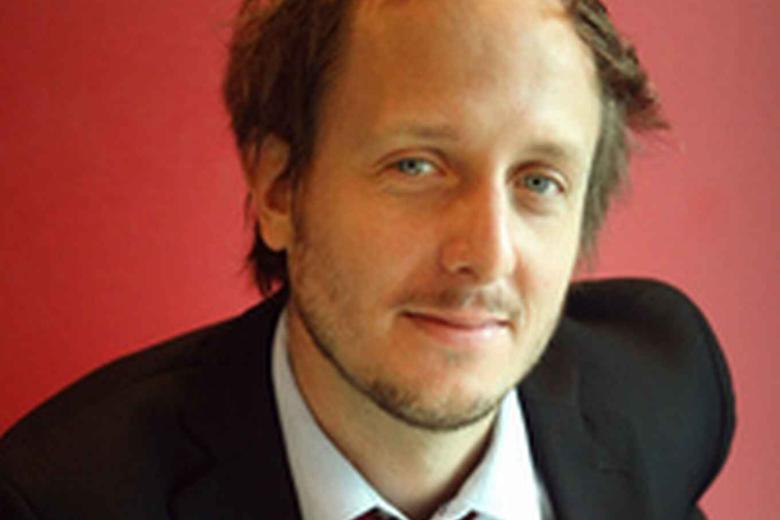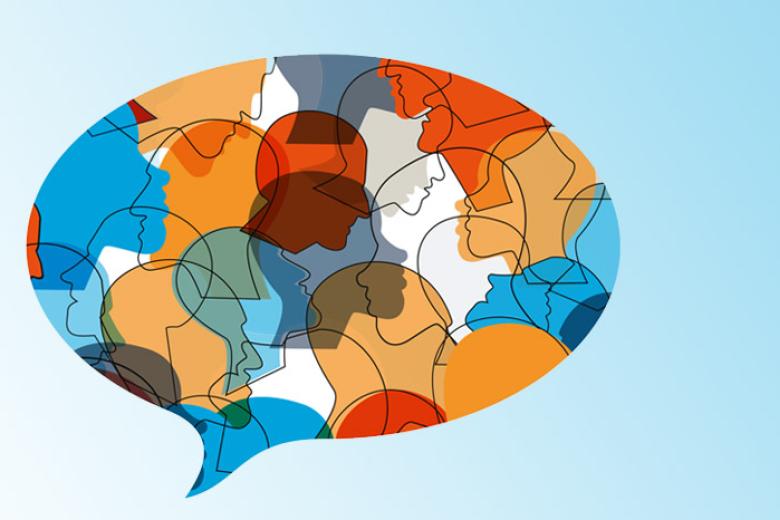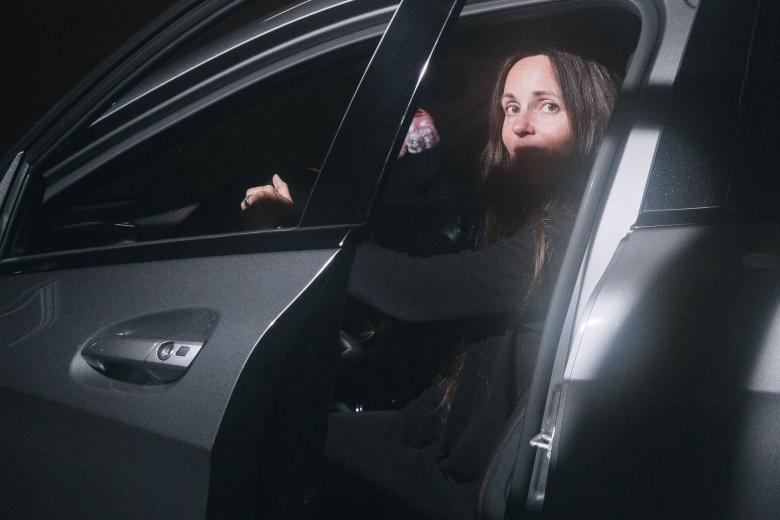Charity with impact
How much money do society’s “haves” – high net worth individuals, in bankers’ language – give to worthy causes, and to which ones? And do wealthy people in the Netherlands behave differently to their French counterparts? Associate professor of finance Paul Smeets has some intriguing answers.
Working in cooperation with ABN-Amro, he has just published his third report on the giving habits of Dutch millionaires, High Net Worth Individuals Philanthrophy Trends: A comparative study of France and the Netherlands Following studies published in 2013 and 2015, this is the first to compare Dutch generosity with that of the French.
Based on an anonymous survey of ABN-Amro clients, Smeets’ study found “that in France, millionaires donate a larger amount to charity, but Dutch high net worth individuals more often choose sustainable investments – investing in companies that take social responsibility.”
“But the question is, which of the two has more impact? We don’t know. For charities, you have rankings that show what is effective and what is not, but it’s extremely difficult to devise effective social responsibility rankings. The focus is always on reporting on the financial returns, but not so much on the social returns.”
Sustainable investment: the Dutch way
Does the difference in giving between the Netherlands and France have anything to do with the greater profile of sustainable investment in the former? “The Netherlands is really a front-runner in sustainable finance,” Smeets nods. “Triodos and ASN, two social responsible banks, have been around for quite a long time, so it’s more a part of the Dutch culture. In France it’s a bit slower.” Working with ABN-Amro, he says, was “extremely smooth”. “I work with the philanthropy advice department, who are willing to use research to investigate how clients give. That’s not true of all financial institutions, though, and there’s a big difference between approaching these questions in an academically sound way, or just hiring a consultancy.”
Research needs better funding
There’s clearly good news to be found in this report about people’s generosity. But is there anything that concerns Smeets? “What is striking is the immensely low amount, in both countries, that is donated to research and education. We really do a very bad job, as universities in the Netherlands, and apparently also in France, to get individuals to give. And the government doesn’t fund us enough; the European Commission is always warning the Netherlands that it doesn’t give enough to research.”
Are there lessons in this report for those who are not high net worth individuals?
“Absolutely. Everybody can make a difference. For some charities, even a small amount can have a huge impact. The most effective charity, according to GiveWell rankings, is the Against Malaria Foundation. Most donations to Against Malaria are not big. But you can cure somebody of blindness for $20. Of course, if you have more, you can do more, but people of all income levels should give whatever they feel comfortable giving. If everyone here in at SBE, each student, gave one euro, we could save a life.”
Giving like Bill Gates
Has this research changed Smeets’ own habits? “Yes. I was always depressed that so many people say, ‘Oh, charity is bad because these recipients get addicted to the money’. The point is, if you have malaria, you aren’t going to get addicted to malaria pills. We can really make a huge difference. And we have: we have eradicated polio and smallpox, and malaria has come down dramatically over the last decade, partly because of people like Bill and Melinda Gates, who use their money to do a lot of good. They are some of the rich people who take effectiveness really seriously, and draw on scientific knowledge about what interventions work. I am so happy that analysis by organisations like GiveWell let me feel that if I donate, I can really do something. Research from Harvard University shows that if people think there’s the possibility that nothing useful will happen with their donation, they use it as an excuse not to give. You can still say you don’t want to donate, but you can no longer give the excuse that giving doesn’t work!”
The effectiveness test
Could the Netherlands’ wealthiest be more generous?
“They currently give around 8,000 euros a year. The interesting thing is that if you ask whether they could give more, they say they can. But they say one reason they don’t is that they don’t always know the impact their donation would have. If you can show then what has been achieved, that makes a difference,” Smeets insists. “That’s why Bill Gates keeps giving. He sees all the progress that has been made, and it stimulates him to do more.”
Also read
-
Globalisation & Law Network seminar with Rodrigo Vallejo Garretón
On 4 July 2025, the Globalisation & Law Network had the pleasure of welcoming Dr Rodrigo Vallejo Garretón, Assistant Professor in Private Law at the University of Amsterdam.

-
Language policy in European higher education
The increased Englishization of higher education is under discussion in several European countries. What does a balanced language policy look like that does justice to both the increasingly international character of higher education and a country's language-related cultural identity? At an...

-
A pinch of LSD, taken twice daily with meals
Fast forward to 2040: if you have ADHD or another psychological disorder, the doctor may no longer prescribe Ritalin or antidepressants, but instead a low dose of magic mushrooms, truffles or LSD. Associate professor Kim Kuypers is studying the use of psychedelics as potential medicines of the...
